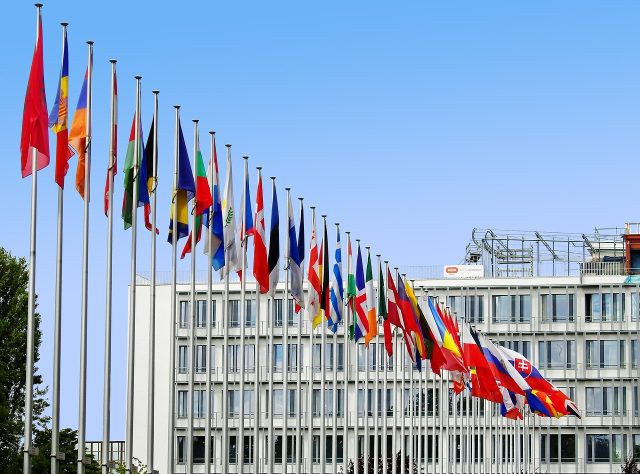
In Strasbourg, the ten measures composing the new Pact on Migration and Asylum were definitively approved by the European Parliament. This outcome, hanging in the balance until the last moment, came after three years of efforts to reach a challenging agreement among member states. During the consultation regarding the so-called Border procedure, there were protests in the chamber, with some demonstrators urging the deputies to vote against the regulation.
The new Pact: What changes
The nine legislative documents, each supported by ten votes, obtained the approval of the relative majority in the Strasbourg parliament. These provisions were designed to facilitate the reception of asylum seekers and expedite the repatriation processes for those who do not have the right to remain in Europe. Among the fundamental principles of the agreement is the possibility for EU member states to accommodate migrants, as well as the implementation of a new crisis response system.
Solidarity and responsibility: EU member states will have the option to participate in managing migratory flows by hosting a share of asylum seekers or beneficiaries of international protection arriving in countries most exposed to migratory pressures. This could be done through financial contributions or operational support. The “Dublin rules,” which determine the country responsible for examining asylum applications, will be revised.
Crisis management: The regulation establishes a mechanism to respond to sudden increases in migratory flows, providing support to EU member states facing a massive influx of people from third countries. The new rules also address the abuse of migrants by hostile actors aiming to destabilize the 27 member states.
Screening at EU borders: Individuals meeting the requirements to enter the Union will undergo a preliminary screening lasting up to seven days. This process includes identification, collection of biometric data, and health and security checks. To ensure respect for fundamental rights, each member state will establish independent control mechanisms.
Accelerated asylum procedures: A new procedure for the recognition and revocation of international protection will be introduced throughout the Union, aiming to expedite the processing of asylum applications at the borders, with tighter deadlines for unfounded or inadmissible requests.
Eurodac Regulation: Data of those irregularly entering the Union will be stored in the updated Eurodac database, including fingerprints and photographs of individuals over six years old. Authorities will also be able to report dangerous or threatening individuals for security reasons.
Qualification attribution: All member states will be required to follow new common rules for recognizing refugee status or persons under international protection. Union countries will assess the situation in migrants’ countries of origin based on information from the EU Asylum Agency. Refugee status will be subject to regular checks.
Asylum seeker reception: EU member states must ensure uniform standards of reception for asylum seekers, allowing them to work within six months of submitting their application. Detention conditions and freedom of movement will also be regulated to discourage movement between EU countries.
Safe and legal access to Europe: Recognized refugees by the UN will be guaranteed organized and secure access to the European Union.
Ecr partly satisfied
“Improving the current situation: this is the only reason to vote in favor of some of the regulations in the new pact. A few steps in the right direction. Few, but significant. With the hope of continuing on this path with greater determination in the next European legislature,” said ECR group co-chair Nicola Procaccini (Fdi) during the mini-plenary session in Brussels. It is necessary to stop departures by collaborating with the countries of origin and transit of migrants “by first establishing who has the right to enter Europe and who does not,” he clarifies. “This is the only possible structural solution, even helping developing nations remove the causes of migration. It’s what we’ve been trying to make the left understand for years, which would like to indiscriminately let everyone in, then give them the right to vote and thus supplant the will of our populations.” “The 71% decrease in landings in Italy,” he adds, “and the drastic reduction in deaths at sea confirm the effectiveness of Meloni government’s choice to prevent arrivals, working patiently and determinedly on the external dimension of European borders. Unfortunately, much time has been lost and it is difficult to delve into the details of the new regulations a few weeks before the vote, but that’s what should be done and that’s what some of us will do,” he concludes.



 Subscribe
Subscribe